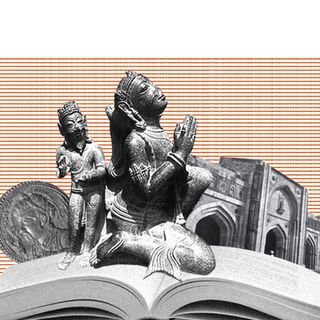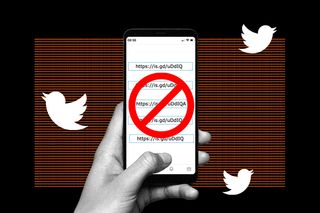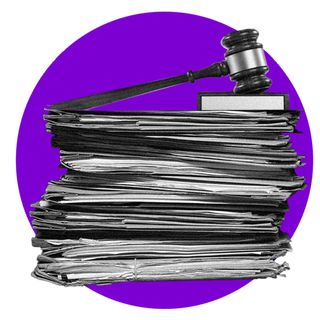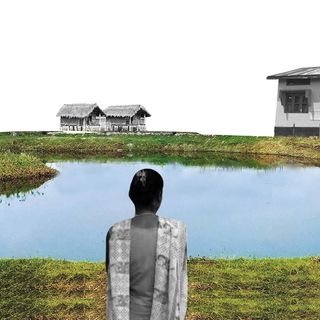
Government Efforts To Block Twitter URLs Increased by 10 Times Since 2016, Data Shows
The increased use of Section 69A of the IT Act shows the expanding appetite for controlling information in the public domain.

The ruling government asked Twitter to block more than 2,700 web pages last year, citing national security concerns and the need to maintain public order, according to government data reported by The Print. Similar requests over the last five years speak to a worrying trend: such government requests in 2020 more than doubled since 2019, and overall, government demands to block web pages have risen ten-fold since 2016.
The pattern pushes two concerns to the fore: the role of Twitter, along with other big tech, in a struggling democracy, and the government’s desire to assert more control over speech in the public domain, as evident from increasing orders to remove or block content. This leaves Twitter in an awkward position, “… as it publicly stands by its commitment to allow individuals to express opinions while also abiding by New Delhi’s increasing assertiveness over social media,” Newly Purnell writes in the Wall Street Journal.
The present data was provided by Sanjay Dhotre, Union Minister of State for Electronics and IT, in a Lok Sabha session earlier this month. Dhotre, the BJP minister, was responding to a question about the number of links blocked by the government in the last five years and what checks and balances are in place to ensure there is no indiscriminate censorship. URLs are website addresses used to access web pages; these can be of individual accounts, images, movies — anything and everything.
The reply noted the blocking requests were made under Section 69A of the Information Technology Act, 2000, which “empowers Government to block any information generated, transmitted, received, stored or hosted in any computer resource in the interest of sovereignty and integrity of India, defence of India, security of the State, friendly relations with foreign states or public order.”
Related on The Swaddle:
New IT Rules Leave Little Room for Privacy, Free Speech in an Increasingly Surveilled Digital Space
Out of the 2,700+ requests made in 2020, Twitter complied with 14% of the cases, according to a Wall Street Journal report. The rate of compliance with government requests has gone down over the months, the same report noted. Additionally, Twitter also received 5,900 requests from the Indian government for information relating to accounts, according to Twitter’s Transparency report. Globally, India was among the top five countries last year accounting for 96% of the global legal requests for removing content, putting it in league with Japan, Russia, South Korea, and Turkey.
Twitter’s relationship with the government has been rocky lately: it oscillated between blocking-and-unblocking accounts critical of the government’s stance on the farmers’ protest last month, published a statement that indicated its willingness to fight for free speech, but was subsequently pulled into submission after the central government threatened legal action. The increased demands under the information technology law give shape to an ethical conundrum, one that pivots around Twitter’s role in a struggling democracy and the need to protect free speech.
“The shrinking space for civil society is being mirrored by censorship and anti-democratic regulatory moves to censor users from their rights to free speech,” Thenmozhi Soundararajan, executive director at advocacy group Equality Labs, told CNN. Twitter is stuck between a rock and hard place in India, the article noted.
The government, in its defense, maintains that Twitter “is welcome to do business in India” but must respect local laws, and last month, criticized “the manner in which Twitter has unwillingly, grudgingly and with great delay complied with the substantial parts of the order.” It is interesting that critics have called Rule 16 of the IT Blocking Rules (under Section 69A), which says that requests and complaints to block accounts must be confidential, an “unconstitutional” element.
The reining in of Twitter, along with other platforms like Facebook and WhatsApp, further heightens anxiety over government overreach when seen in the backdrop of the new IT rules, released on February 25, which enable the deletion or amendment of content the government finds problematic. The government regulations expand its ability to police online content in the name of national security and public order, which many believe take away individual digital rights. They would not only restrict free speech, experts worry, but would be a disservice to readers and consumers in prohibiting them from accessing multiple perspectives and ideas.
Minister Ravi Shankar Prasad noted last month that the government, benevolent and noble in its intent, is all for freedom of speech and expression as long as democratic values are not disrespected. The need and urgency for introspection is growing louder each passing day.
Saumya Kalia is an Associate Editor at The Swaddle. Her journalism and writing explore issues of social justice, digital sub-cultures, media ecosystem, literature, and memory as they cut across socio-cultural periods. You can reach her at @Saumya_Kalia.
Related


Almost 84% of Cases Filed by SC/ST Women, Children Are Pending in Court: Govt Panel
